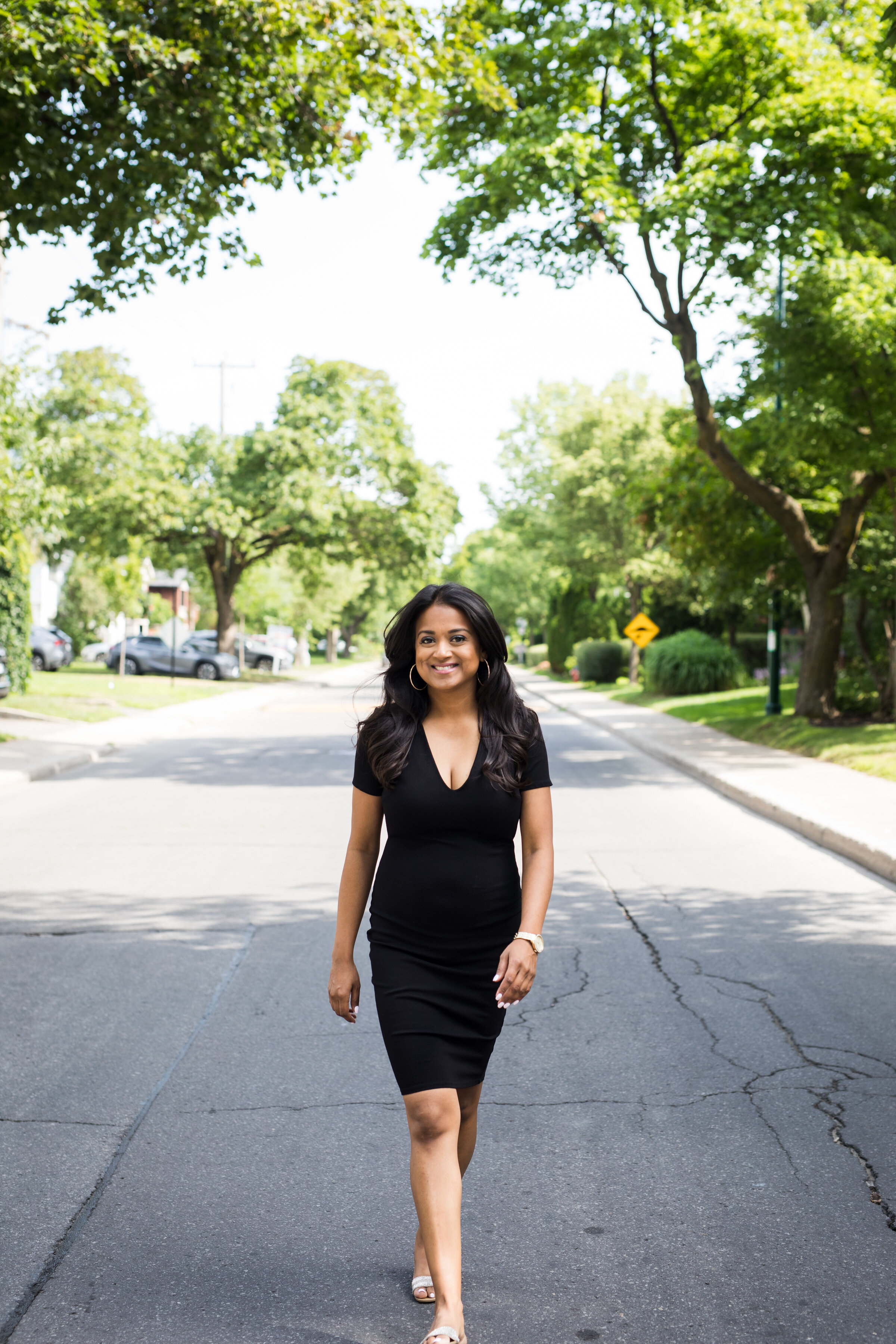Feeling Connected
Written by Alecs Kakon
Photos by Jen Fellegi
Brené Brown described connection as: “the energy that exists between people when they feel seen, heard, and valued; when they can give and receive without judgment; and when they derive sustenance and strength from the relationship.” Upon first reflection of what connection signifies to me, I would venture to say belonging or an alignment of values. However, when I read Brown’s description, likening connection to an energy, the meaning felt more complete and resonated more deeply. Intimately bonding to someone or something, we abound with purpose, we feel safe, and we stand more firmly in our beliefs. In creating these meaningful ties, we become more mindful of each other, aware of ourselves and conscious of the world we live in. Thinking in applied terms, you could hear the same advice from two different people; you might be more open to taking it from one, while discarding that same advice from the other. The reason being that in one case you might feel more aligned with the person furnishing counsel, whereas the other might hold a belief system you don’t prescribe to. Connection is a fundamental part of how we communicate and interact with one another. You can feel it as you relate to another human – an all-consuming energy, a connection that makes sparks fly, a visceral sense of darkness or a jubilance that boomerangs — as we interrelate and weave our web, we create points of connection along the way that lead us down our path and shape us into our person. Sitting down with Sneha, or as her friends call her ‘Janki,’ we talked about everything from a sense of community, customer service, and her relationship with the medical system. The common denominator that guides her through each of these experiences is the connection she makes along the way.
Sneha grew up amidst her huge and extended Gujarati family in Montreal. Although Sneha attended schools that were of a largely Greek demographic, she was always surrounded by a very present Indian community: “Even though my school was 90% Greek, there was a balance because my family was so big. I never felt different from my friends, in fact, I always felt special and welcome,” Sneha explains. Fully immersed in her Indian traditions, Sneha describes how she grew up on Bollywood; the dance, music, Diwali, Hindu celebrations and obviously, Indian food and language. “I don’t know that my parents would care who I end up with, but I think for me, it would probably be easier if I married someone who shares my traditional upbringing. It’s so much a part of who I am, I know it would be simpler in terms of shared customs, even on a deeper level of understanding certain cultural norms,” Sneha explains.*
It was about a decade ago that Sneha’s parents, against Indian convention, decided to divorce. “It was a huge thing in my community, but what I remember most is how people would comment, ‘what would happen to Janki?’ as though any guy in our day and age would care. But, it made me think, maybe his parents would care.” Any stigma attached to her parents’ divorce, was transferred onto the daughter who now came from a broken home. “My family is so super modern, this never was even a thought, but some families are still a lot more old school.” Feeling such a strong bond with her family and community, any potential dishonour that was put on her was overpowered by both the support she felt and her positive spirit.
Creating more of ourselves with each relationship we develop, Sneha entered the workforce with her jovial nature in tow. On one of her last days at her part-time job in retail, she caught the attention of a customer. “This woman started telling me that she thought my customer service was so exceptional,” Sneha recalls. “She and her husband told me that they wanted to follow up with me to offer me a position at a bank. I couldn’t believe it.” It’s been over 7 years now, Sneha has moved from being a bank teller to a financial advisor. Building a successful career in banking means more than just a steady income at a great job. For Sneha, the element that keeps her coming back for more is the connection she feels to each of the people she helps. “I love being able to help people make their dreams come true. They want to buy a house or start an education fund and I can help them make that happen,” Sneha explains. “The connections I make with people is the whole thing for me: the friends, the work culture, the energy, I just love it.” Being a financial advisor wasn’t Sneha’s dream growing up. In fact, before she had her go in banking, she was finishing a certificate in law so she could study to become a lawyer.
Pulling out of school due to medical illness, Sneha’s life changed course. “I was originally diagnosed with ulcerative colitis when I was 22. I saw drops of blood in my stool and even though I knew it must be something, I thought maybe if I pretended it wasn’t real, then it would go away. I refused to be that ‘sick girl.’ No way I was going to have a disease, especially not one that I would have for life,” she explains. “I would start on meds and then throw them out, hoping it would go away on its own. It really screwed with me emotionally and mentally, and of course, physically.” Neglecting her health for many years, it all eventually caught up with her. “I had been hospitalized a few times for days on end, but the worst was when I started seeing secondary symptoms.” Noticing a few pimple-like sores on her cheek, neck, head and chest, it was only when Sneha’s breathing started to get effected that she went to the hospital. After a quick MRI, it was determined that she needed to be operated on for flesh-eating disorder. The doctors drained each of the pus accumulations, leaving holes all over her body. “You could legitimately see through my cheek. I was totally destroyed mentally. I had always been a pretty girl with tons of self-confidence and now I had holes in my face and a partially shaved head. I completely shut down.” The interior landscape of Sneha’s emotional state mirrored the physiological massacre the Pyoderma Gangrenosum (turns out it wasn’t a flesh-eating disease) had left on her body. “I felt botched, but it was a major wake-up call.” Having been told by multiple doctors that she needed to take her medication regularly and follow through with a course of Remicade treatment, it was only when one doctor took the time to sit with her, connect to her, and explain the situation that she decided to take her health into her own hands. “There was something about the way he connected to me, it just all made sense, and I knew I had to do it. I’ve been on Remicade for a few years and it’s working. I also started a website where I talk about my journey, and it has really healed me and built a huge network of overwhelming support.”
Connections are all around us —we connect with people, ideas, ourselves—they strengthen who we are and they give meaning to what we do. Embodying this concept in all areas of her life, Sneha becomes more and more aligned with herself as she navigates through the major pillars of her life. In social situations, her sense of belonging carries her through and endows her with confidence and a strong dose of self-esteem; in her profession, she engages in work that fulfills her and guides her with purpose; and, in her personal life, her sense of identity is this one indivisible ecosystem, body and mind, that keeps her grounded and connected as she advocates for her health, destigmatizing her condition, one uncensored blog post at a time.
*this interview took place before Sneha got engaged! Congratulations!!












